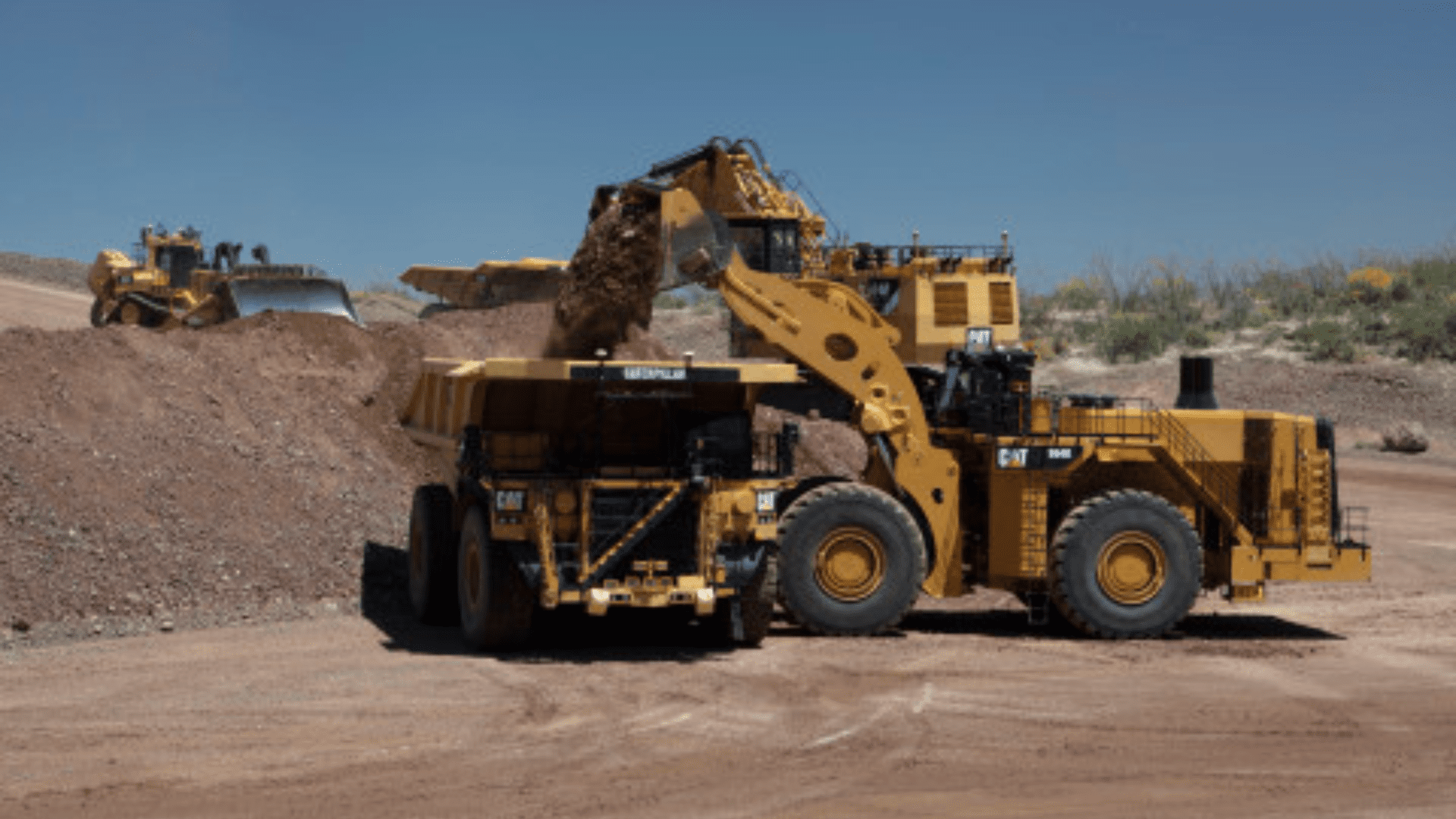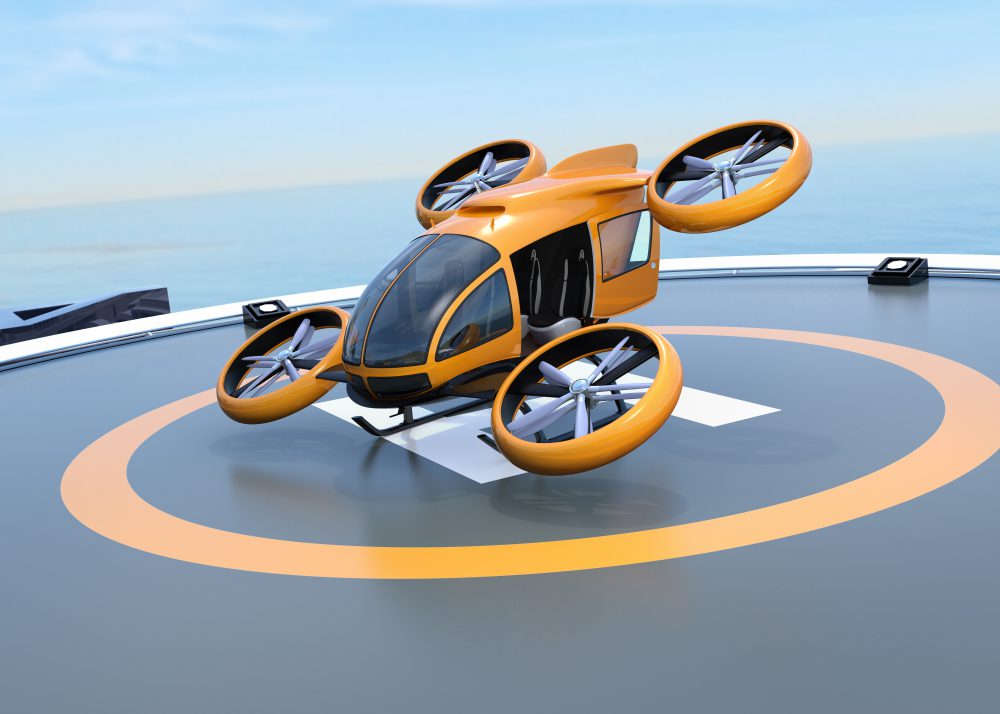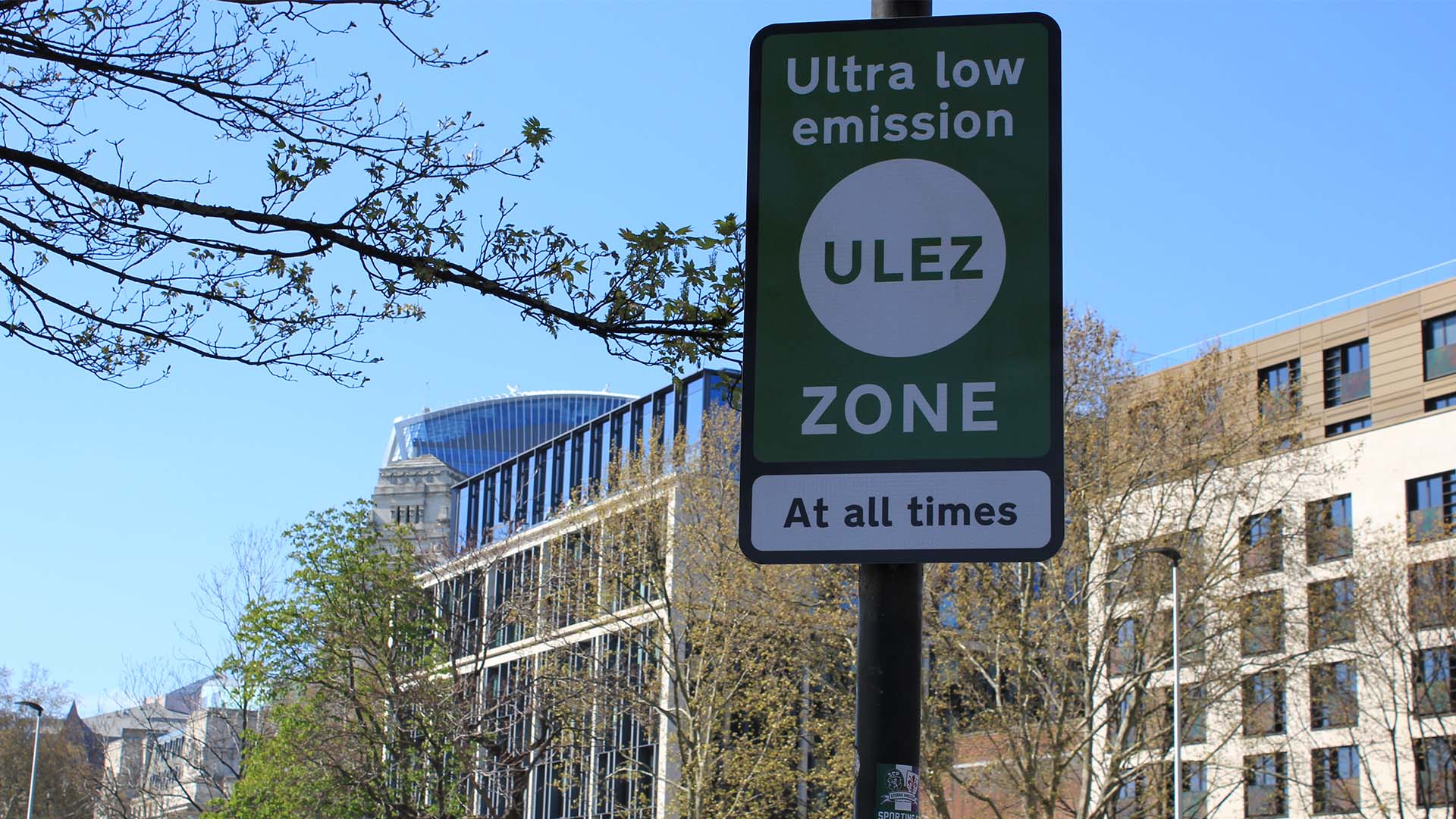The Japanese government plans to connect major cities with a massive conveyor belt that quietly and efficiently transports millions of tons of cargo. At the same time, the zero-emissions belt will remove thousands of trucks from the roads.
Zero-Emission Conveyor Belt
According to The Japan News, a panel of experts at the Land, Infrastructure, Transport, and Tourism Ministry started discussing the project in February. A draft outline released on Friday, June 21, reveals plans to complete an initial link between Tokyo and Osaka by 2034. Japan is undergoing a well-known population collapse that may lead to severe labor squeezes in the coming years. One issue that continues to rise is the popularity of online shopping because of a forecast decline in drivers to ship the goods. The country predicts that 30% of parcels won’t make it from point A to point B by 2030 simply because of a driver shortage.
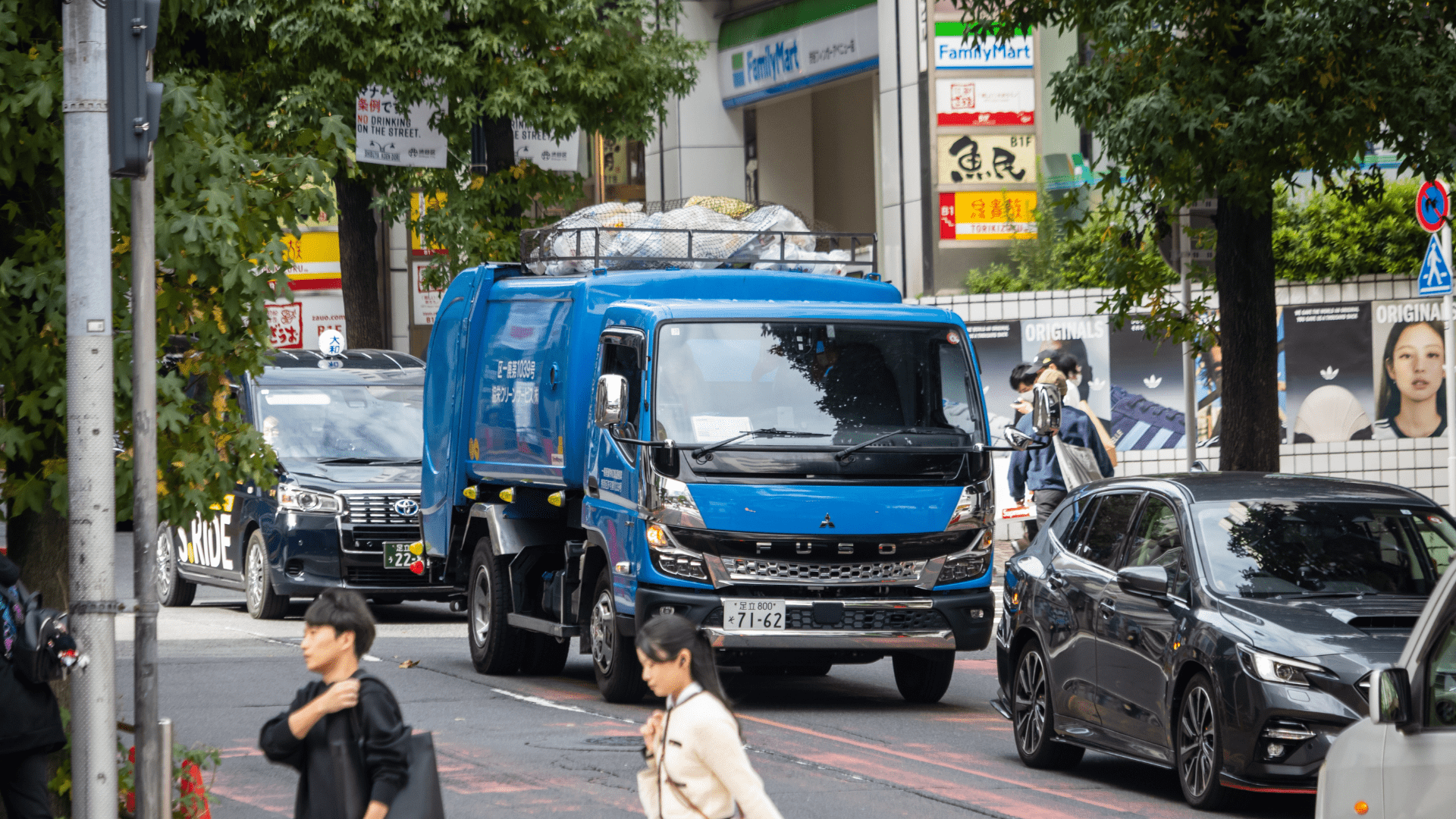
Explore Tomorrow's World from your inbox
Get the latest science, technology, and sustainability content delivered to your inbox.
I understand that by providing my email address, I agree to receive emails from Tomorrow's World Today. I understand that I may opt out of receiving such communications at any time.
As a result, the country wants to create a logistical link to ship small cargo between Tokyo and Osaka, as much cargo as 25,000 trucks. How they can do this is still uncertain, but the idea is that individual pallets carry a ton of small cargo items. Then, they’ll move from one end to another without any human interference.
Different Possibilities
One possibility is a conveyor belt that covers over 300 miles between the two cities. It would either run alongside the highway or through a tunnel system underground. Alternatively, the cargo could be moved using automated electric cars. This idea doesn’t come with a small price tag. An over 300-mile tunnel would be incredibly expensive, around US$23 billion, before a conveyor belt or autonomous are even factored into the equation. There’s also speculation that autonomous trucks are doing the job without spending on additional infrastructure. The state of driverless vehicles and the potential target start date in 2034 make autonomous drivers a possible solution.
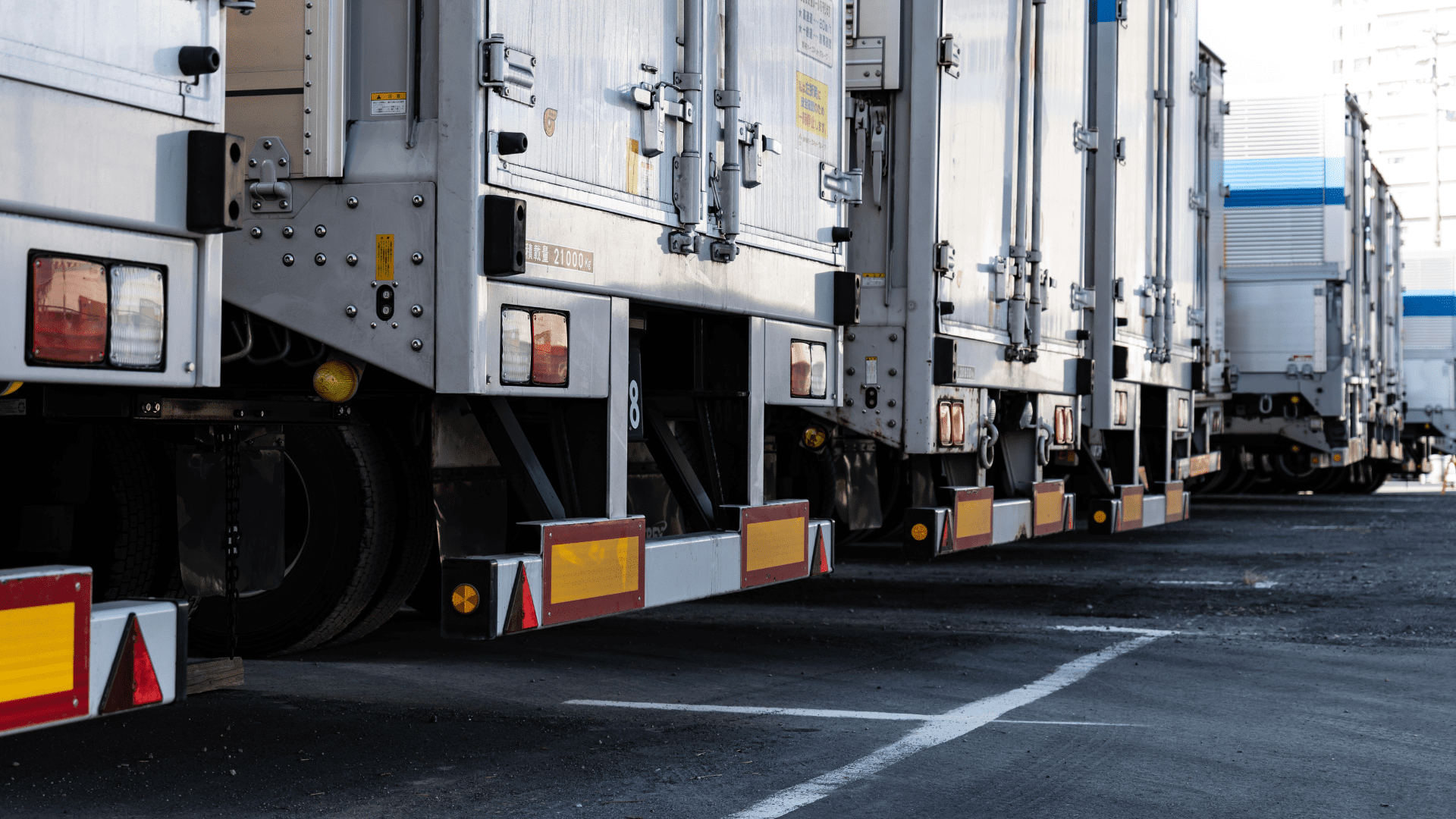
The ministry still called for private companies to fund the project, and it looks like they mean business.
“[The project] will not only address the logistics crisis but also help reduce greenhouse gas emissions,” said Land, Infrastructure, Transport and Tourism Minister Tetsuo Saito. “We would like to speedily proceed with the discussions on the matter.”



